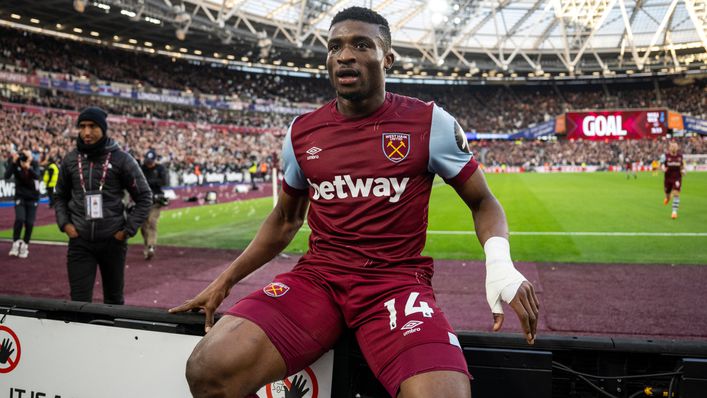Your job is to play whether you like the manager or not – Former Aston Villa manager blasts Mikel Obi for his recent revelations

Former Chelsea midfielder Mikel Obi recently shared a surprising revelation about the influence wielded by the club’s dressing room during his time. Obi claimed that the players, including himself, played a significant role in pushing out manager Rafa Benitez in 2013.
Obi made these comments during an interview on TalkSport radio, discussing his experiences at Chelsea and the various managers he played under. Regarding Benitez, Obi stated, “We made that clear. I think obviously Liverpool was a big rival for us, but coming into the club as well, I think the fans also didn’t like Rafa. I think there was something about Rafa and the fans that the fans didn’t take to him. Same as the players, we didn’t accept him as one of us.”
Obi’s remarks have stirred controversy, with some applauding his honesty and others criticizing his actions. Former Aston Villa and Celtic manager Martin O’Neil is among those who have disapproved of Obi’s comments.
O’Neil’s Response
Reacting to Obi’s statements on his own TalkSport show, O’Neil expressed, “Your job is to play whether you like the manager or not. I understand that there were big egos at Chelsea because they were winning stuff consistently, but players need to do their job.”
O’Neil added, “If you don’t like the manager, that’s your problem. You don’t just go on strike and say, ‘We’re not playing until you get sacked.’ That’s not right.”
The Influence of the Dressing Room
Obi’s revelation sheds light on the often-acknowledged power dynamics within football clubs. The dressing room, where players come together to prepare for matches and socialize, can become a breeding ground for discontent and rebellion, especially when players feel their authority is being challenged.
In Obi’s case, the presence of high-profile players like John Terry, Frank Lampard, and Didier Drogba likely magnified their collective influence over the club’s decisions. Benitez, an accomplished manager, may have found it challenging to establish his authority over such a group of influential individuals.
A Complex Issue
The issue of player power is multifaceted, with no straightforward solutions. While players deserve respect and a voice in certain matters, their primary responsibility is to perform on the pitch and contribute to the team’s success.
Managers, on the other hand, must be able to assert their authority and earn the respect of their players. Striking the right balance between player influence and managerial control is essential for any club’s effective functioning.
Obi’s Revelation as a Reminder
Obi’s revelation serves as a reminder of the delicate power dynamics within football clubs. It underscores the importance of open communication, mutual respect, and a shared commitment to success among all parties involved.
While opinions on Obi’s actions in 2013 may differ, his honesty in addressing the issue sparks a necessary conversation about the role of player power in football. Achieving the right equilibrium between empowering players and maintaining managerial authority remains an ongoing challenge for clubs worldwide.





